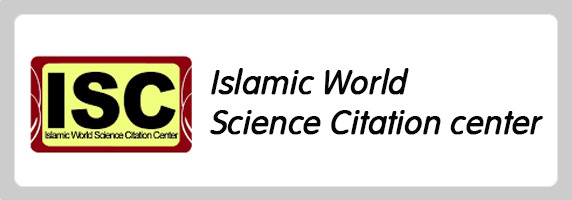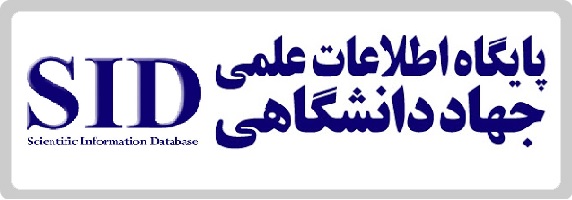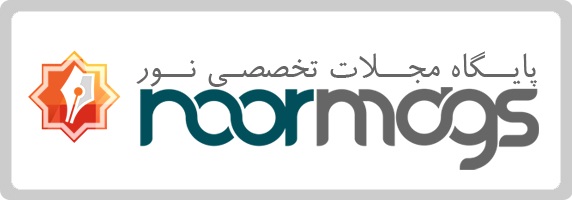Lost and Found in Translation: Kant in Persian Philosophical Prose
Keywords:
Kant, Persian translations of Kant, philosophical Persian, translation studiesAbstract
Iran’s exposure to Kantian ideas has been a relatively new process which dates back approximately to the late 19th and early 20th centuries. By drawing on a select range of primary and secondary source material, this paper will explore the reception of Kantian philosophy in Iran and more specifically, within the context of modern philosophical Persian, in three distinct but interrelated analytical domains, presented in three sections. The first section will provide a general introduction in the context of the late 19th century background which, although unsystematic, gradually set the stage for the initial exposure of several individual Iranian philosophers and scholars with interest in philosophy, to Kantian ideas, and it will do so within a broader canvas of modern continental philosophy. In this same context a measured use of Persian (as distinct from Arabic) in reporting on or summarizing modern European philosophical ideas and arguments will be considered. The second section will show that since its early stages of reception in Iran, Kant was viewed in almost two parallel intellectual trajectories—namely, Kantian ideas as such and in their own right, especially with regard to his elucidation of categories (both epistemic and evaluative) and, in relation to that, his embarking on a systematic approach to the analysis of faculties. And second, in terms of their fundamental contributions in articulating and laying the foundations of what was subsequently referred to as “critical philosophy” and their impact on philosophers after Kant. This section will also introduce several early attempts by a number of influential Persian authors in the 1930s onwards who represented this twofold reception. The third section will then discuss subsequent attempts at introducing, summarizing, and notably translating Kant that gradually appeared with more frequency, from the 1970s and 1980s onwards. In fact, it is from this period forward that we can see a more sustained level of efforts in delivering Kant to a gradually expanding Persian-speaking audience. Here questions over terminology, style, and diction (in the sense, syntax), have come to play a central role in contemporary Persian renditions of Kant. Finally, and within the limitations of time, the third section will address the question of language still further—not only in terms of the technical requirement of having a sufficient grasp of the language(s) of the original texts on the part of the translators (be it from the German original or from translations in other languages such as French, English, or Arabic), but also in terms of the translators having effective facility with the language of destination (i.e. Persian). However, the latter challenge in turn can often entail additional variables which are at the same time both external (or extrinsic) as well as being subjective, and hence particularly complex. The authorial interplay and the balancing act between accuracy and elegance can often be swayed by individual translators’ ideational (if not ideological) and semantic preferences which can readily either follow or defy standardization and uniformity in the overall project of translation, a topic which will be briefly examined in the paper’s closing section. In a broader sense it can perhaps be argued that the scope of this overview falls somewhere in the intersection of the history of ideas (moving slowly towards assuming a place in the intellectual history, but not quite yet), sociology of knowledge, and translation studies.





